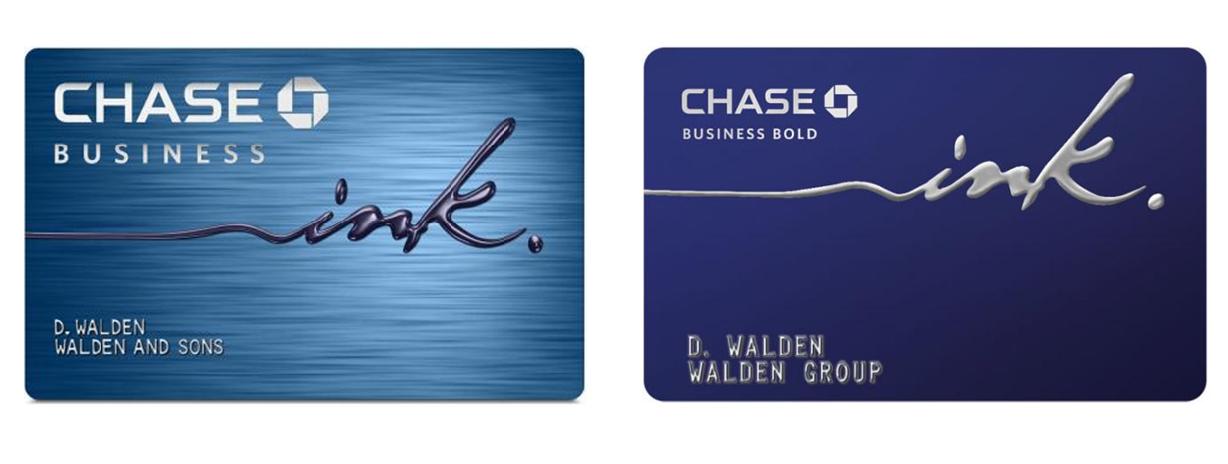
When you rent a car, you may have a vague worry in the back of your mind that little nagging feeling you get when you don’t quite understand the rules of the game. Rental car companies have tons of terms and conditions, and many of them can leave the consumer holding the bag in case of an accident or damage to the car. Paying for your rental car with the right credit card can offer you some additional protection and peace of mind.
What Car Rental Protection Do You Need?
Here are a few things you should keep in mind:
Primary and/or Secondary Insurance. There are many flavors of insurance out there. The crème de la crème is primary coverage, since it kicks in immediately after an incident. Secondary insurance provides coverage, but only after you have made a claim through other policies first, such as your personal auto insurance policy. Once you burn through those benefits, and only then, will your secondary coverage pick up any damages and fees.

Collision Damage Waiver (CDW). Car rental companies will try to sell this to you as an extra, but many rewards credit cards offer this coverage as a complimentary benefit. All you have to do is decline the rental car company’s coverage and use the credit card to pay for the rental. CDW usually covers such things as damage to the car from accidents or vandalism and even sometimes outright theft. Basically, the rental agency won’t go after you for damages to the car if you have this coverage. However, there is usually a deductible of several hundred dollars that you would have to pay before the insurance pays out. The Collision Damage Waiver can be primary or secondary coverage. Car rental companies charge varying rates for CDWs, but it’s generally in the range of $17-$30 per day depending on where you’re renting.
Which Rewards Card Should I Use?
The following credit cards are some of the most popular that offer primary insurance coverage so you don’t need to pay for the car rental agency’s CDW:
Personal Cards
- Chase Sapphire Preferred® Card
Reimbursement up to the actual cash value of the vehicle for theft and collision damage for most rental cars in the United States and abroad - Citi Premier℠ Card
Pays for physical damage to and theft of eligible rental vehicles (not all vehicles are covered) - Citi ThankYou® Preferred Card
Pays for physical damage to and theft of eligible rental vehicles (not all vehicles are covered) - Citi Prestige® Card
Pays for physical damage to and theft of eligible rental vehicles (not all vehicles are covered) - Chase United℠Explorer Credit Card
Covers theft and collision damage for most cars in the United States and abroad - Chase United MileagePlus® Club Card
Covers theft and collision damage for most cars in the United States and abroad

Check the American Express website for any car rental insurance benefit your card may offer that you can purchase for each individual trip. If you don’t have another credit card that offers a primary collision damage waiver as a benefit, sign up for American Express Premium Car Rental Protection. Its free to enroll, and there is no deductible. Amex will charge you $24.95 per vehicle rental for up to 42 consecutive days of coverage. You must use your enrolled card in order to activate the coverage. The fee provides up to $100,000 in primary theft and damage coverage (liability not included). The $24.95 fee is less than what most rental car companies charge for comparable coverage.
Also, if you’re a member of the military or a military family member, check your USAA-branded credit cards. They also offer primary car rental insurance.
Business Cards
Many rewards junkies have either the Chase Ink Bold or the Chase Ink Plus for their businesses. These cards do offer primary coverage, but it’s only valid if you are driving for business. Do not use this card to pay for your personal car rental during a vacation.
